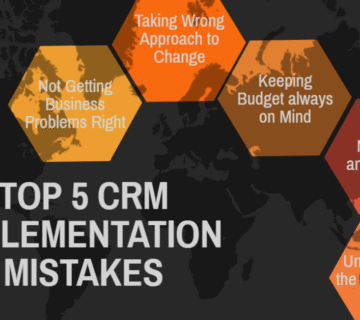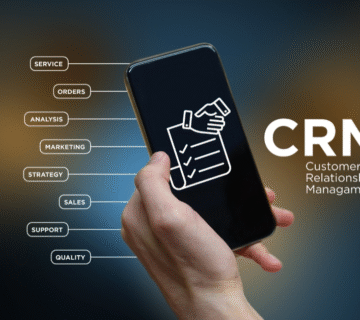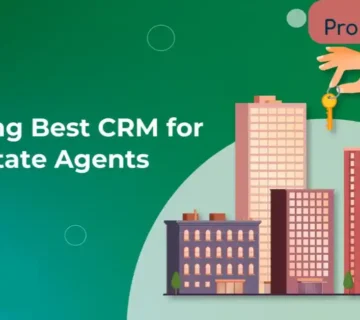A CRM (Customer Relationship Management) system is a valuable tool in the real estate market, as it enables effective communication with both past and current customers. However, when choosing a CRM, you must decide between one designed specifically for the real estate industry or a versatile one that can be customized. Investing in a top real estate CRM is worthwhile because it offers distinct advantages over generic options. Such as Property CRM can help you achieve specific objectives while staying within your budget.
Particular Requirements for a Real Estate CRM
Irrespective of the nature of your real estate business, lead management is essential. A customized CRM should account for the unique lead management practices in the real estate industry. Some specific requirements to consider are:
Obtaining leads from listings and recommendations.
The ability to manage recurring business effectively.
Nurturing current connections to generate fresh recommendations.
Managing the often longer lead-to-close timeline.
Handling varying degrees of participation at each stage of the sale.
Features of a Real Estate CRM
A real estate CRM should offer the following essential features:
Lead/Contact Management System: A robust platform for managing contacts is crucial. Contacts can be categorized by the referral source, competitors, leads, and clients. Further segmenting data based on factors like lead temperature, current vs. past clients, and satisfaction levels aids in better organizing marketing and sales efforts.
List Management: Managing lists is a top priority as they are a primary income source. Your CRM should allow data customization for creating unique lists based on deals, dates, offers, events, and commissions. The ability to attach documents or property information to listings is also valuable.
Business Analytics: The integration of advanced AI tools in CRM enables the analysis and leverage of customer data for more effective decision-making and customer relationship management.
Compatibility with Other Platforms: Ensure that the CRM is compatible with popular platforms like Google Docs and Microsoft Office. It should also be user-friendly for those not highly proficient in technology.
Mobile Capability: Given that real estate agents are often on the go, opt for a cloud-based CRM that works with all mobile devices, including Apple and Android tablets and smartphones. Implement safeguards to protect sensitive information, including financial data.
Conclusion
A CRM system tailored for the real estate industry is essential for effective communication with past and current clients. Specific needs for the real estate industry include lead management, unique lead sources, and specialized features such as lead/contact management, list management, business analytics with AI tools, platform compatibility, and mobile capability. Selecting a CRM system with these capabilities enhances the productivity, efficiency, and professionalism of real estate professionals and benefits their clients in the long run.
 +971 457 13703
+971 457 13703






No comment